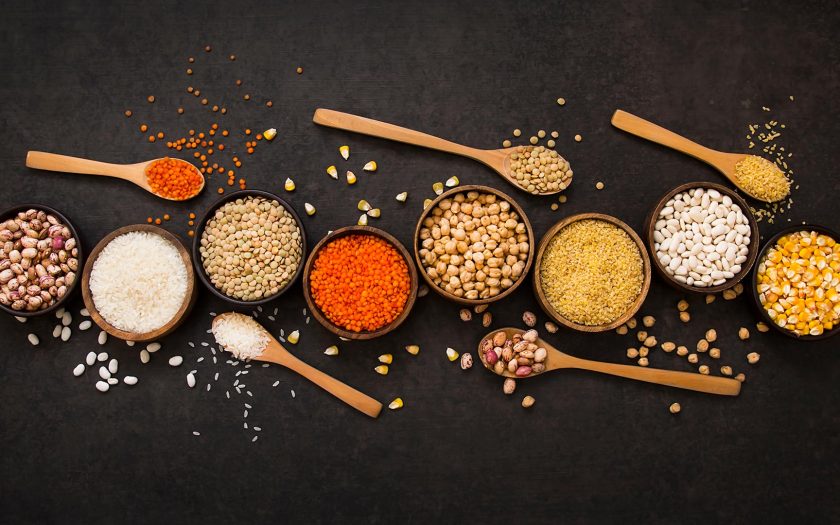Legumes are soybeans, peas and even peanuts. Every person is familiar with such dishes as pea or bean soup; in modern cooking lentils have become popular, they are used in salads and as a side dish. Peanuts are a favorite delicacy of many people. But are all these favorite dishes so useful?
About the beneficial properties of legumes
- All legumes contain vegetable fiber. It improves intestinal microflora, slows down chronic inflammatory processes, also according to some nutritionists, fiber prevents oncological processes.
- Phytates contained in these products remove toxins from the body. But their excess leads to poor absorption of mineral substances.
- Thanks to the presence of potassium and folic acid in beans, the body’s protective function improves (immunity is strengthened), hemoglobin increases.
- With constant consumption of these products, the cholesterol level is normalized, as a result of which good conditions are created for the functioning of the heart and blood vessels.
- Legumes are useful for liver diseases, diarrhea, edema and cough.
- Bean products are one of the few that can provide protein without fat, so they are indispensable for people who want to lose weight.
- Manganese, which is part of this type of food, has a positive effect on a person’s appearance, contributes to the healthy appearance of nails and hair, and improves the complexion.
But although legumes are very useful, they cannot be consumed in large quantities. There are also a number of contraindications.
- Legumes cannot be consumed by people with chronic diseases of the gastrointestinal tract. This is due to the difficulty of digesting such food. However, in some cases, an exception can be made. For example, if a person has IBS and suffers from bloating after eating legumes, he can eat them in certain quantities, but he must take such drugs as Colofac and Adcumin. Thanks to these drugs, it will be easier for the body to digest legumes.
- These products are contraindicated for people suffering from gout, rheumatism, arthritis.
It should also be noted that undercooked legumes can harm health. They destroy the mucous membrane of the stomach, can cause disturbances in the functioning of the gastrointestinal tract or poisoning.
Peas and their benefits
Peas are one of the most famous representatives of the legume family. It contains such vitamins as B, B2, PP, A, C. Peas also contain citric acid, Fe, F, K, isoleucine, leucine, tryptophan. According to some characteristics, it is similar to meat and fish. Therefore, it can be a great alternative to meat.
Pyridoxine, which is found in large quantities in peas, ensures the “stability” of essential amino acids, and its deficiency causes convulsions and skin irritation. Selenium, which is also a component of peas, protects the body from heavy metals. Also, this product contains thiamine, which prolongs the youth of cells, stimulates the work of brain cells and promotes energy and productivity.

